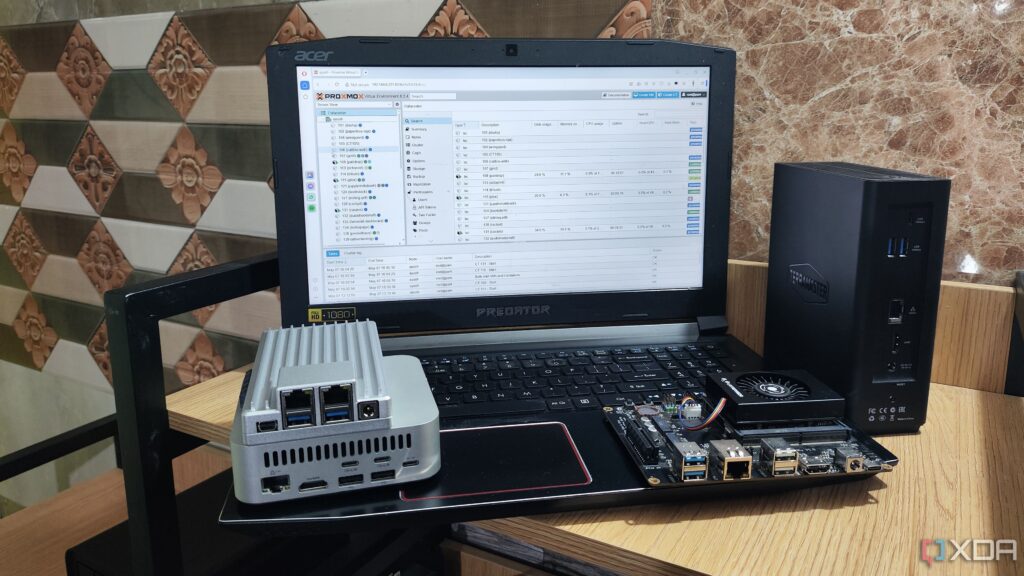
URGENT UPDATE: Users are pulling the plug on five popular self-hosted services due to mounting frustrations and reliability issues. As of October 2023, individuals experimenting with self-hosting report significant challenges that have led to widespread uninstallation.
Self-hosted services like Nextcloud, Plex, and Bitwarden promised independence from corporate solutions but have ultimately fallen short for many users. The latest reports indicate that while these platforms offer appealing features, persistent problems have turned them into headaches rather than solutions.
Many users turned to Nextcloud in an effort to reduce dependence on services like Google Drive. Users praised its seamless file access and potential for integration with calendars and document editing. However, consistent sync issues have prompted users to revert to cloud services, citing reliability as a key concern.
In the realm of media streaming, Plex was once a staple for home servers. Yet recent changes, including the introduction of a paywall for features previously available for free, have driven users to alternatives like Jellyfin. Users are increasingly frustrated by Plex’s evolving policies and privacy concerns, particularly regarding the sharing of viewing history.
Password management has not been immune to these trends. While Bitwarden is recognized for its robust security, users have reported problems with syncing while traveling, leading many to abandon their self-hosted vaults. One user recounted a frustrating experience where a home lab shutdown left them unable to access essential passwords during a trip.
Ad-blocking solutions like Pi-hole have also generated mixed reactions. Though it offers network-wide ad-blocking capabilities, users face challenges with system crashes and resource management. Some have found that the time spent troubleshooting outweighs the benefits, prompting a switch to simpler DNS solutions.
Perhaps the most ambitious undertaking has been setting up personal email servers. While the allure of complete data control was attractive, users quickly realized the complexities involved, including the risk of missed communications and spam filtering issues. Many are now opting for established providers like Gmail, prioritizing convenience over control in their digital communications.
As self-hosting gains popularity, these experiences underscore a critical lesson: the balance between independence and practicality is delicate. Users are urged to weigh the benefits of self-hosted services against their operational demands. As this trend develops, many are opting to return to mainstream solutions to ensure reliability in their everyday digital lives.
Stay tuned for more updates as the self-hosting community navigates these challenges and seeks out more effective alternatives.







